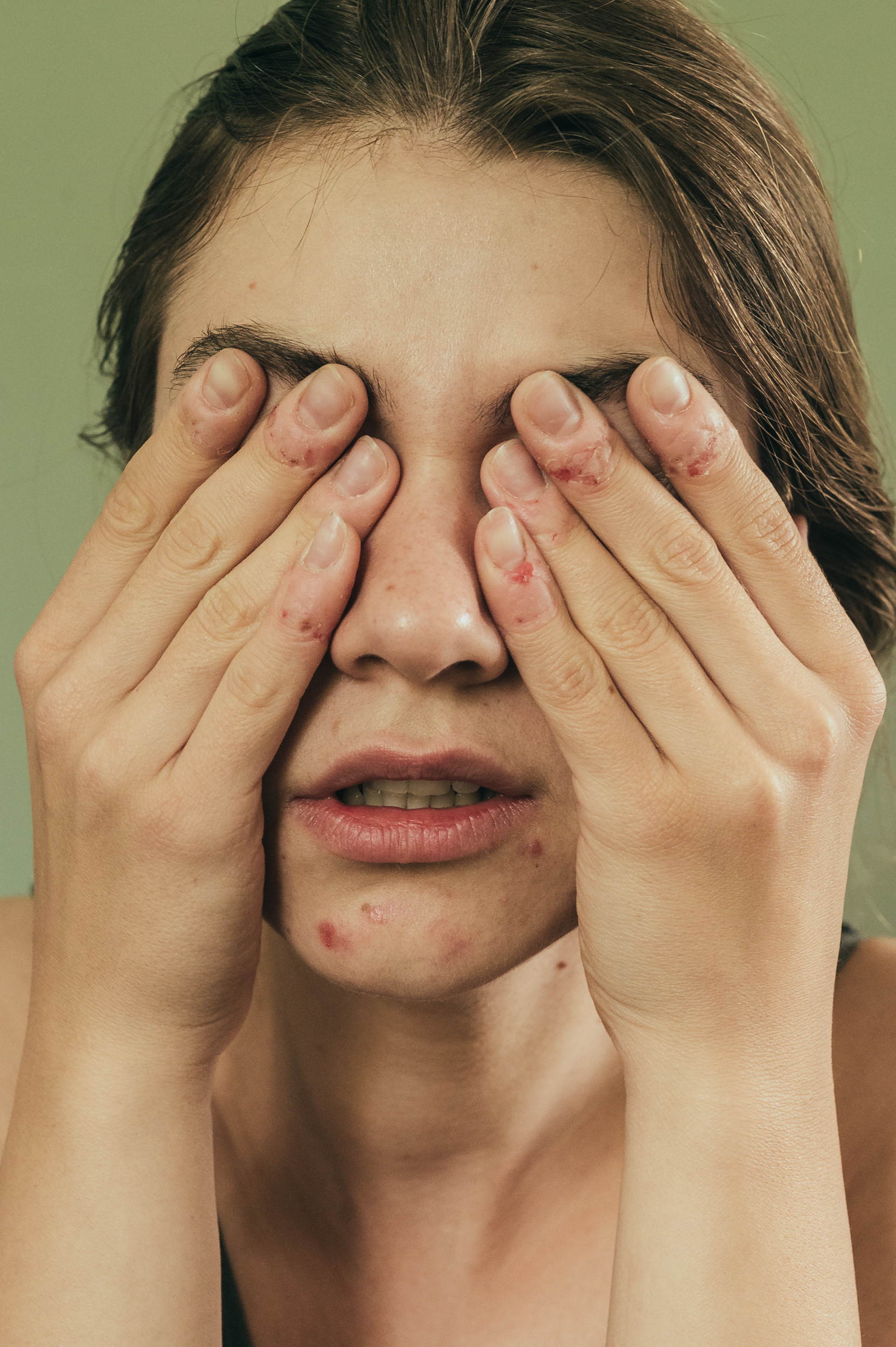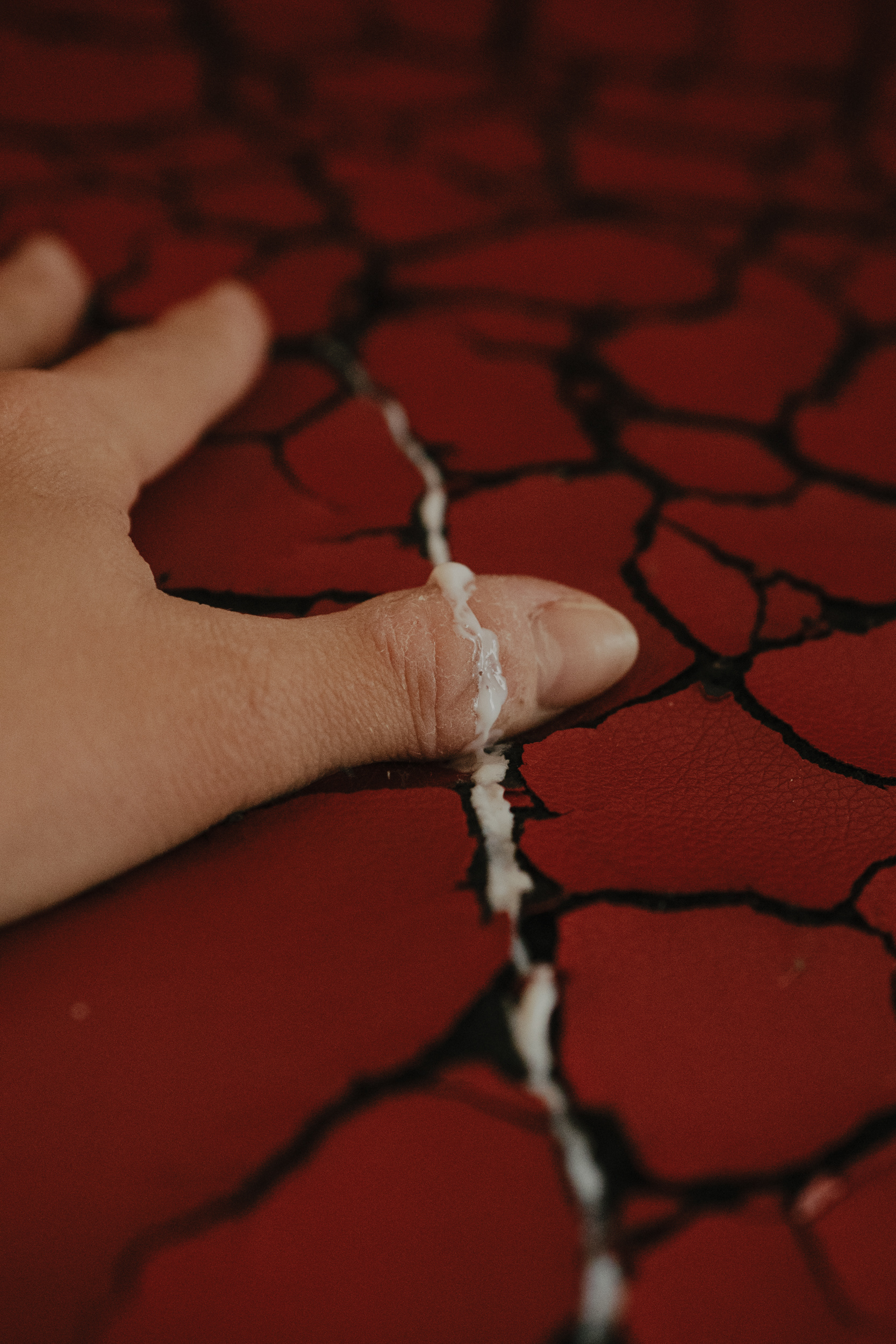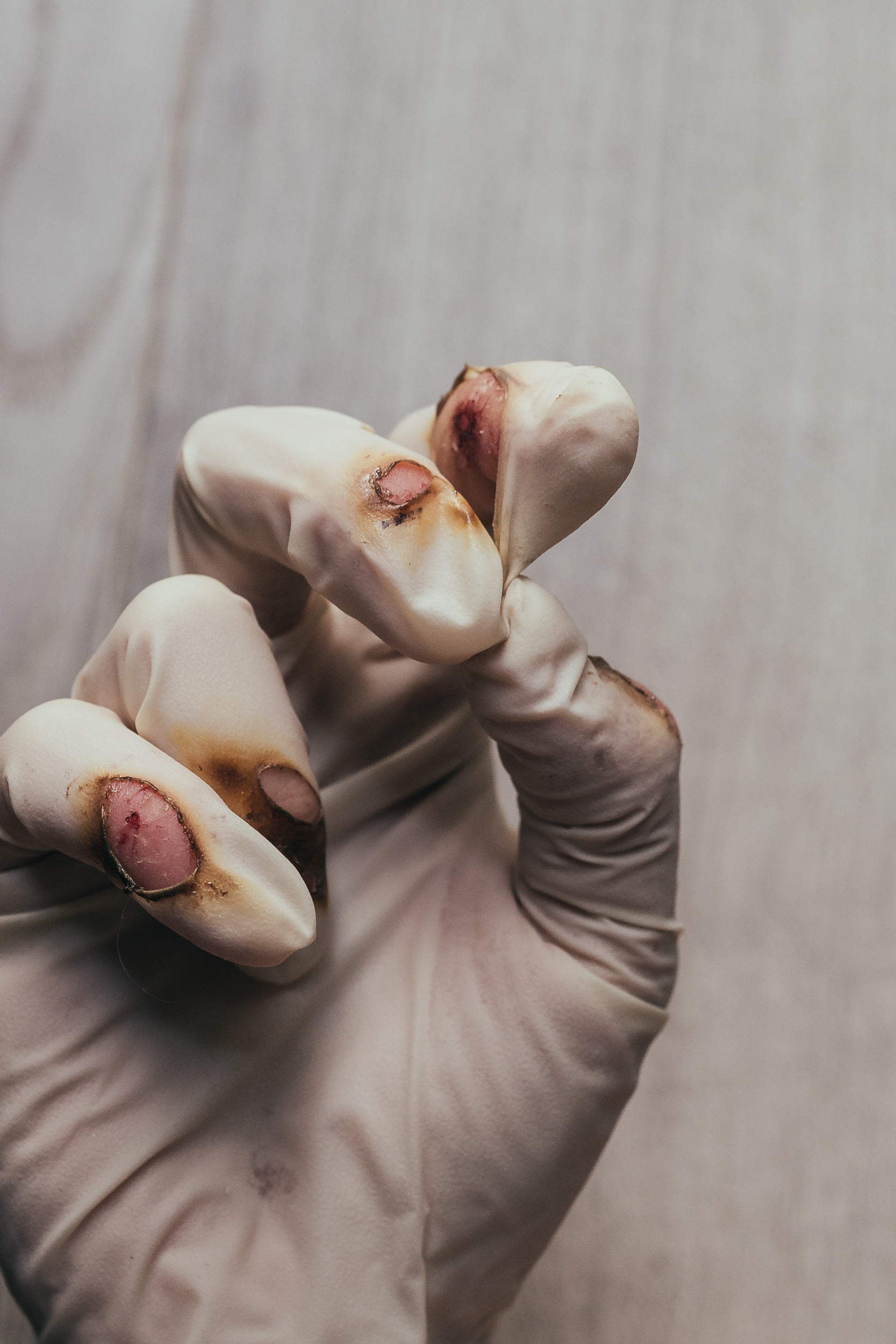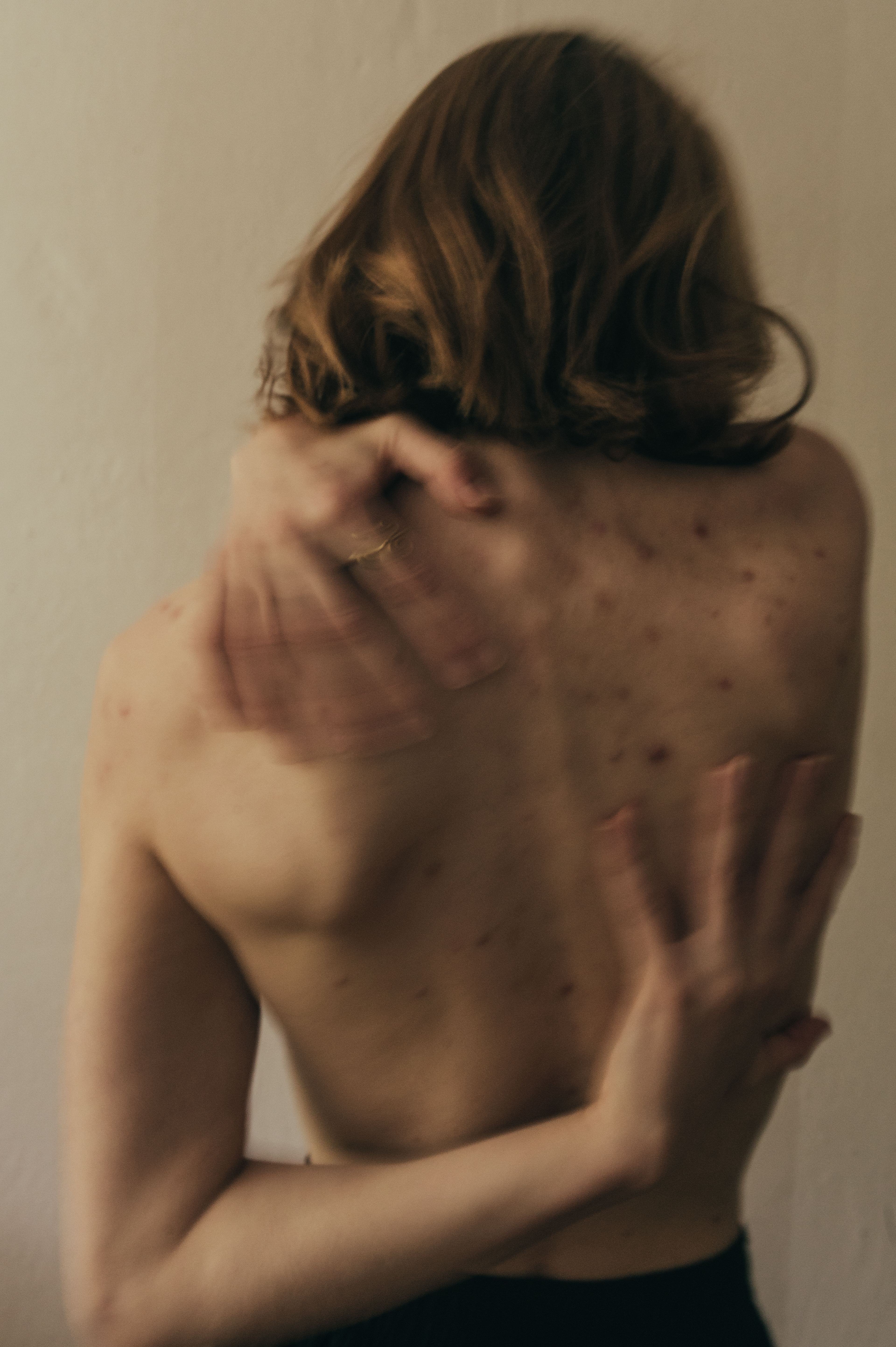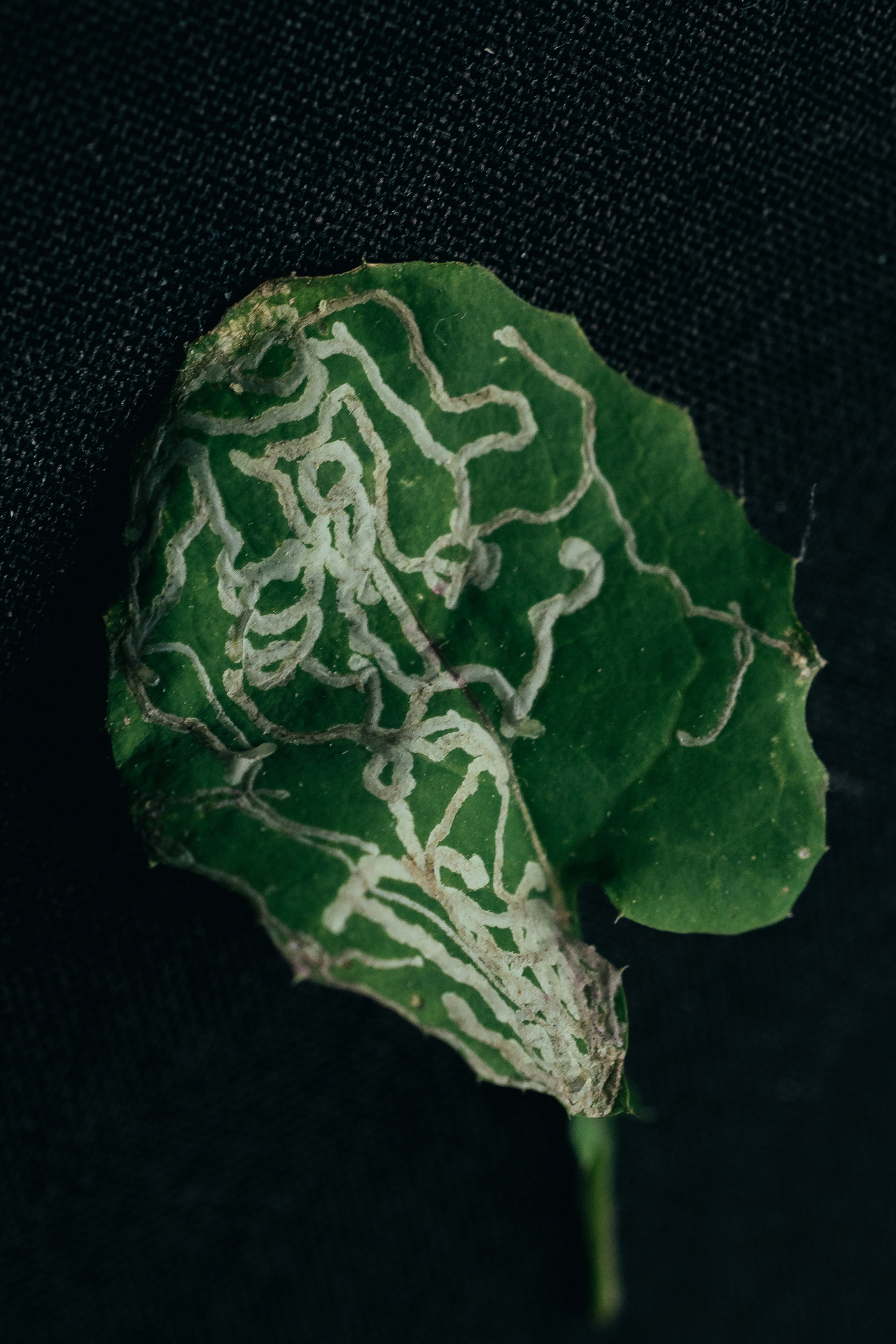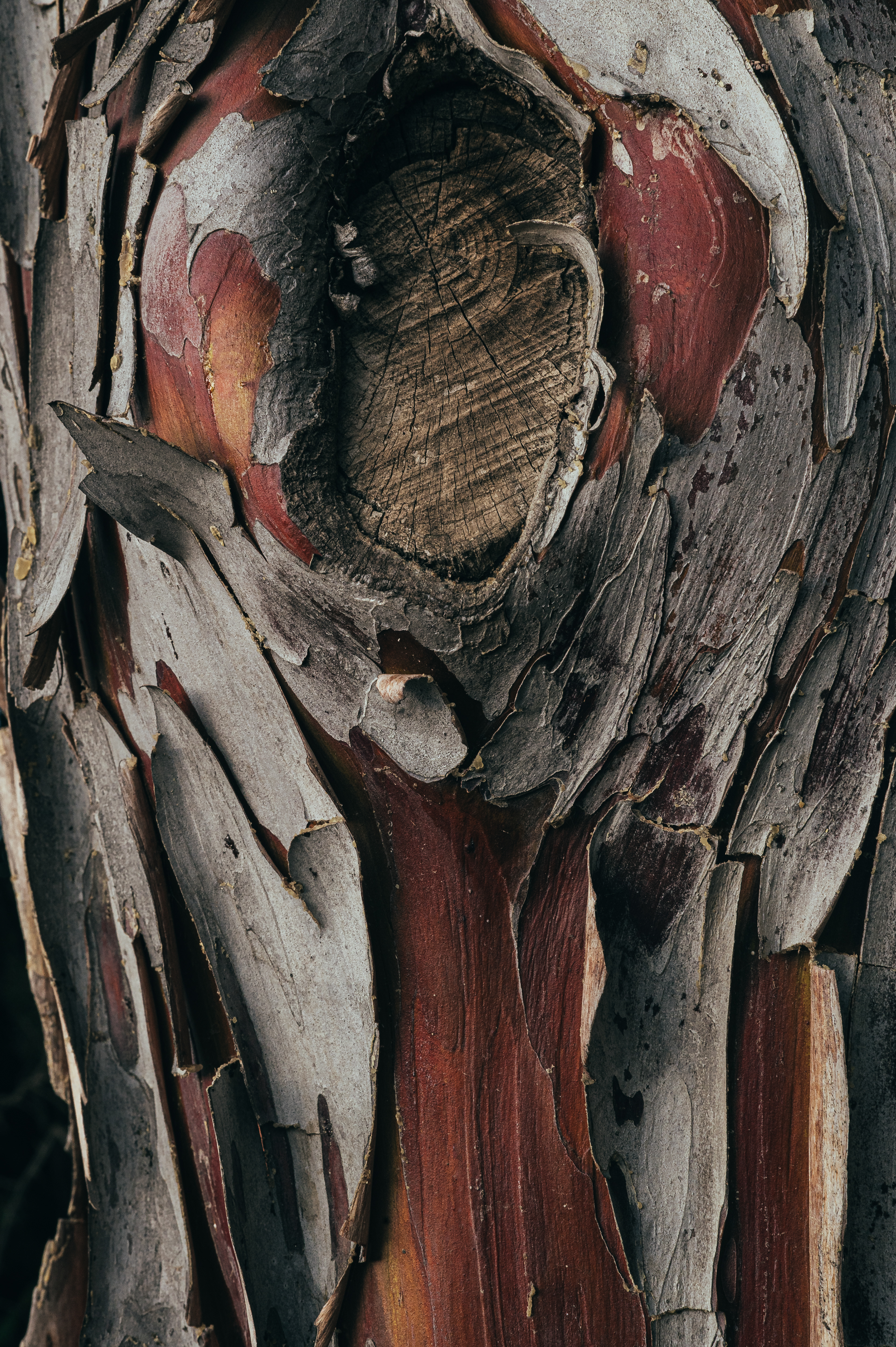20 years. That’s how long it’s been since skin-picking became a part of my everyday life. I am ashamed of my hands and always try to hide them when holding the handrails on the bus. It is painful for me to wash the dishes. I have a fear of leaving blood stains on everything I touch. It is hard to explain to people that it is something I cannot control. It’s not just a bad habit that I cannot quit due to my lack of willpower.
Skin-picking disorder also referred to as excoriation disorder or dermatillomania affects 1.5% of the general population and sometimes begins before the age of ten according to the data provided by the Journal Psychoterapia. Excoriation disorder is statistically more common in females than in males. While pathological skin picking has been documented in the medical literature since the 19th century, it has only recently been included as a distinct entity in psychiatric classification systems. Dermatillomania is characterized by an urge or impulse to pick at one's own skin, to the extent that either psychological or physical damage is caused.
I acknowledged that I had a dermatillomania only when I was 22. Unfortunately, I didn't have any information about this disorder and its treatment when I was a teenager. You do not learn about it in school or university. I think this is a silent disease and many people who suffer are not aware of it and don't seek any treatment. It's hard to share this problem with others, it's stigmatized and perceived as something disgusting. It's hard to find a specialist who will help you with dermatillomania in the region where I grew up and where I live now (in Ukraine and Poland).
Lots of people are in the same boat and dealing with the same problem. There are clinically effective treatments for dermatillomania, such as habit reversal training (HRT) and acceptance and commitment therapy (ACT).
